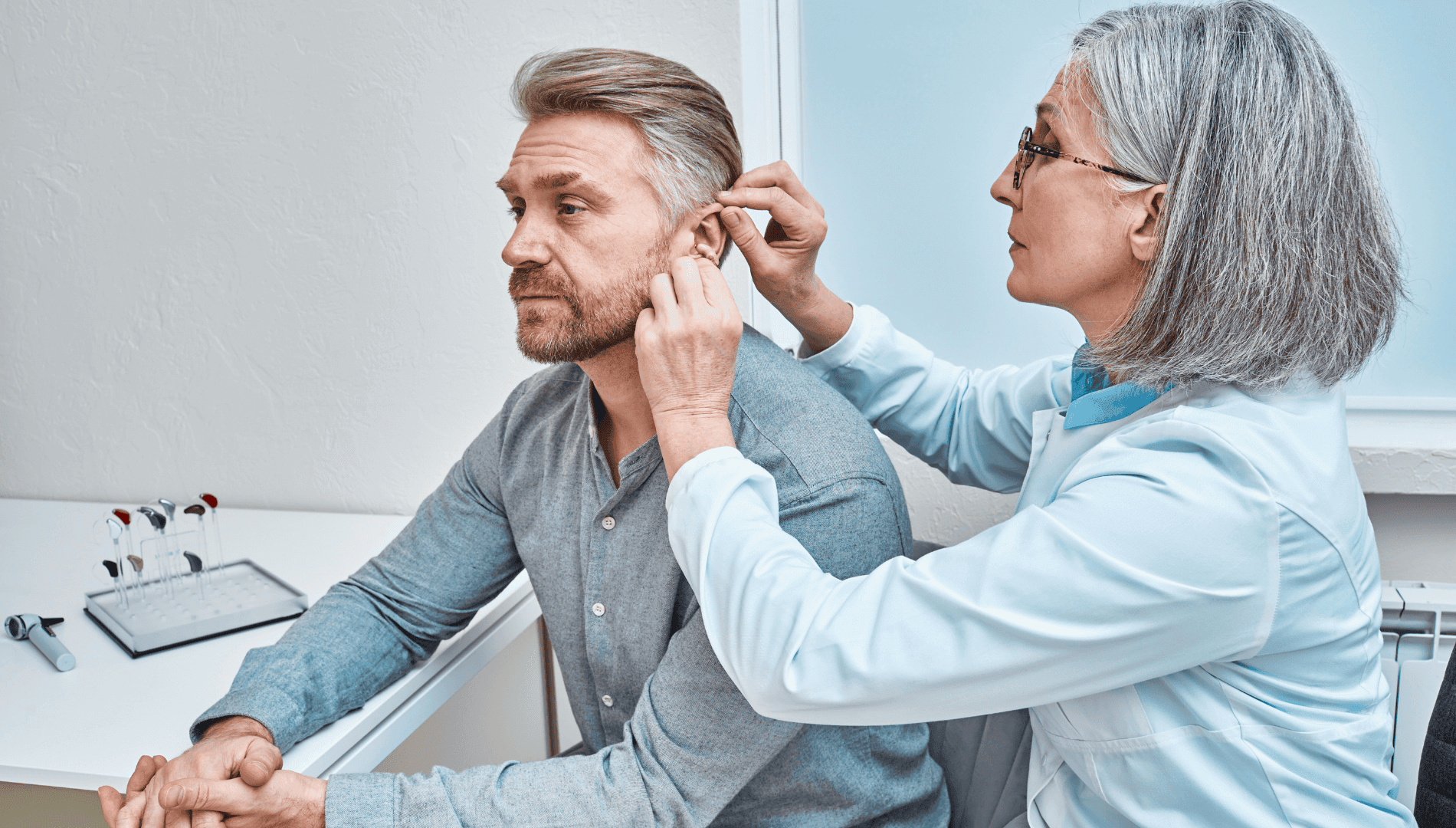
- How to Make Your Hearing Aids Fit Perfectly - March 27, 2025
- Choosing High-Performance Batteries for Hearing Aids - March 16, 2025
- Celebrate World Hearing Day with a Hearing Evaluation - March 3, 2025
Hearing aids are a vital tool for those experiencing hearing loss, enabling them to engage more fully with the world around them. However, like any technology, hearing aids can wear out or become outdated over time. Knowing when it’s time to replace your hearing aids is crucial to maintaining your hearing health.
Recognizing the Signs
There are several signs that your hearing aids might need replacing. One of the most common indicators is a noticeable decline in sound quality. If voices and sounds become muffled or distorted, it could be a sign that your hearing aids are no longer functioning properly. Additionally, if you find yourself frequently adjusting the volume or struggling to hear in environments where you previously had no issues, it might be time for an upgrade.
Another sign is physical damage to the hearing aids. If your devices have visible cracks, broken components, or other signs of wear and tear, they may not be performing optimally. Frequent repairs can also be a red flag. If you find yourself visiting the provider more often for maintenance or repairs, it might be more cost-effective to invest in new hearing aids.
Outdated Technology
Technology in the hearing aid industry has advanced significantly in recent years. Modern hearing aids offer features such as Bluetooth connectivity, noise reduction, and improved sound processing that older models may lack. If your hearing aids are more than five years old, you might be missing out on these advancements that could significantly enhance your hearing experience.
Newer hearing aids are also more customizable and can be fine-tuned to better meet your specific hearing needs. For example, some modern devices offer smartphone apps that allow you to adjust settings in real-time based on your environment. Upgrading to the latest technology can improve not only your hearing but also your overall quality of life.
Changes in Hearing Health
Hearing loss can change over time, and your hearing aids need to keep pace with these changes. Regular hearing health exams are essential for monitoring your hearing ability and ensuring your hearing aids are appropriately programmed. If your provider detects significant changes in your hearing, they might recommend new hearing aids that are better suited to your current needs.
For instance, if you initially had mild hearing loss and now have moderate or severe hearing loss, your current hearing aids might not provide the necessary amplification. Upgrading to a more powerful model can ensure you continue to hear clearly and comfortably.
Lifestyle Changes
Your lifestyle can also impact the type of hearing aids you need. If you’ve recently started a new job, taken up a new hobby, or find yourself in different listening environments, your current hearing aids might not be the best fit. For example, if you’re now frequently attending meetings or social gatherings, you might benefit from hearing aids with advanced noise-canceling features and directional microphones.
Similarly, if you’ve become more active and engage in sports or outdoor activities, you might need hearing aids that are more durable and resistant to sweat and moisture. Evaluating your lifestyle and how it has changed since you first got your hearing aids can help determine if an upgrade is necessary.
Financial Considerations
While the cost of new hearing aids can be a concern, it’s important to consider the long-term benefits and potential cost savings. Investing in new hearing aids can reduce the need for frequent repairs and replacements of outdated components. Additionally, improved technology can enhance your overall hearing experience, making it easier to communicate and engage in daily activities.
Many hearing aid providers offer financing options or payment plans to make the investment more manageable. Some insurance plans also cover part of the cost of new hearing aids, so it’s worth checking with your provider. Consider the potential improvements to your quality of life and hearing health when weighing the financial aspects of new hearing aids.
Consulting with an Provider
Consulting with a provider is the best way to determine if it’s time for new hearing aids. During a hearing health exam, your provider can assess your current hearing aids’ performance, evaluate any changes in your hearing, and discuss your lifestyle needs. They can also guide you through the latest hearing aid options and help you choose the best device for your situation.
A provider can also provide personalized recommendations based on your hearing loss, preferences, and budget. They will ensure that your new hearing aids are properly fitted and programmed, maximizing their effectiveness and comfort.
In conclusion, recognizing the signs that it’s time for new hearing aids is essential for maintaining your hearing health. Declining sound quality, outdated technology, changes in hearing health, lifestyle shifts, and financial considerations are all factors to keep in mind. Regular consultations with a provider and hearing health exams are crucial in ensuring your hearing aids meet your needs. Investing in new hearing aids can significantly enhance your hearing experience and overall quality of life.
